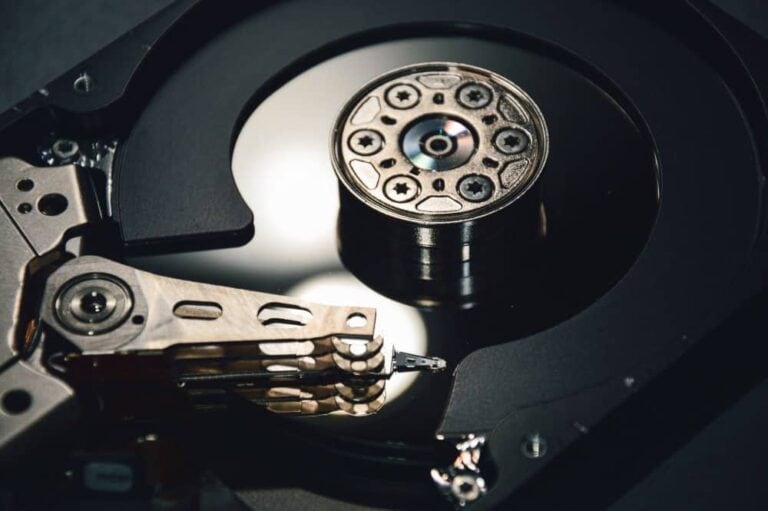Seagate expects the capacity of hard drives to triple by 2030, partly due to explosive demand from the AI sector. Hard drives with large storage capacities are a sustainable solution for data centers, according to the manufacturer.
According to Seagate’s commercial director BS Teh, there is high demand for high-capacity hard drives. The supplier is increasingly positioning itself as a player in the AI sector, now that companies such as OpenAI, Microsoft, and Google are working on advanced AI models. Within the hardware market, Nvidia is benefiting most from this development. AI models require enormous amounts of data to be trained and improve their performance. Earlier this year, Microsoft announced that it would invest $80 billion in data centers by June 2025.
The rapid growth of data centers also raises environmental questions. The energy consumption of such centers is considerable. The International Energy Agency estimates, for example, that a single request to ChatGPT consumes an average of 2.9 watt hours. That is almost ten times more than a standard Google search. If ChatGPT were to be used as much as the 9 billion daily searches on the internet, it would require nearly 10 terawatt hours of additional electricity per year.
Sustainable production
According to CNBC, Teh says that Seagate is committed to sustainable solutions to address the energy consumption of AI applications. For example, the company is increasing the storage density of hard drives and aims to use renewable energy in its production. He emphasizes that Seagate is making an impact by making its production process more sustainable, including through the use of green electricity in its factories.
In addition, the drives are designed with efficiency in mind: more storage per drive means that data centers need less space, power, and equipment to achieve the same capacity.
Although Seagate faces competition from other technologies such as solid-state drives (SSDs), which use flash memory instead of magnetic disks, Teh emphasizes that he believes hard drives are a more sustainable choice when considering the total carbon footprint during production.
